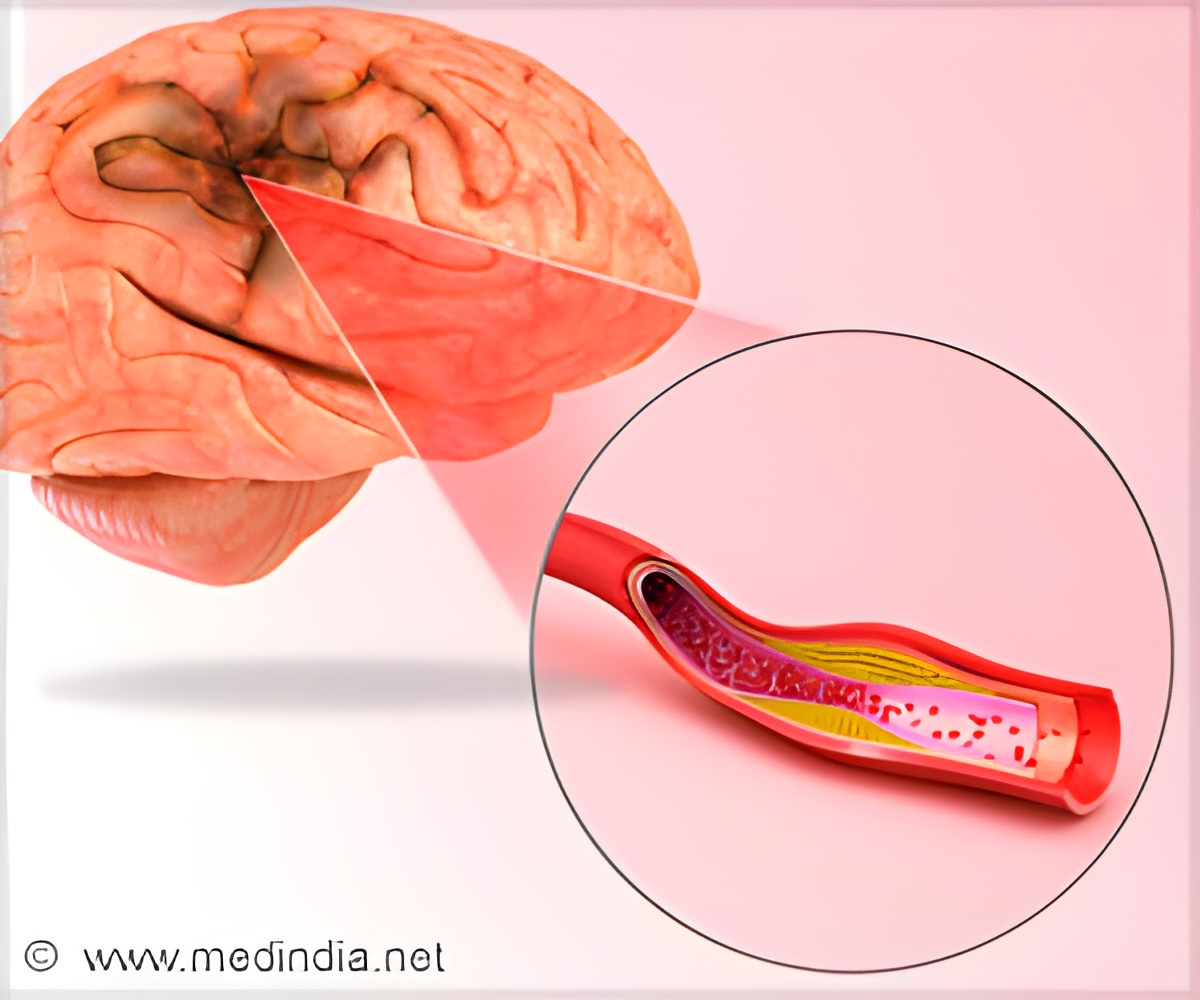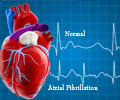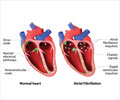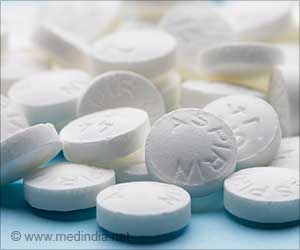Improved detection of atrial fibrillation using an implantable device is found to be helpful in preventing disabling strokes.

‘Improved detection of atrial fibrillation using an implantable device over 12 months is found to be more than three times effective at detecting the condition when compared to standard care. This might also help in preventing disabling strokes.’





The standard test in Alberta for AF is a 24-hour electrocardiogram monitor. And the mainstream treatment for AF is blood thinners, which can reduce the risk of stroke by almost 70 percent. The study anticipates a significant change in the practice of how clinicians look for AF in Albertan patients following ischemic stroke. The team carried the PER DIEM clinical trial among the 300 Albertan patients who had suffered a stroke. The efficacy of two devices was examined to monitor and detect atrial fibrillation in ischemic stroke patients. One of the implantable devices was used to monitor over 12 months, and the other one was an external device, to monitor over a 30-day period.
Implantable Device in AF
It was found that the implantable device picked up three times more new AF than the 30-day monitor (15 percent versus five percent), with the added advantage of remote monitoring. Following this, all of the patients in the clinical trial with new AF were started on blood thinners, thereby showing a significant improvement over the current standard of care in Alberta, Canada.
"We know that (the current method of monitoring) isn't as effective as it could be in picking up atrial fibrillation from this study because regardless of which arm of the study patients went into, we were picking up anywhere from five to 15 percent extra atrial fibrillation. We found in the study there were a lot of patients with undetected atrial fibrillation, even after they received the standard cardiac monitoring," says Brian Buck, a stroke neurologist and associate professor of medicine at the U of A.
Advertisement
"The biggest problem with stroke is that it dramatically impacts people's lives. So you take a healthy, independent person with a big disabling stroke, and they often end up being dependent on others for help with care. So that's terrible for patients and it's very expensive for the system. If you can prevent even a few of those big disabling strokes per year, it helps the person and reduces the burden on the health system. This new evidence will help guide selection of what strategy is best going forward. We need to go beyond (24-hour monitoring) for Albertan patients. But if the system is going to pay for this technology, we need to know more definitively that patients are going to end up with lower stroke rates in the future," says Buck.
Source-Medindia














